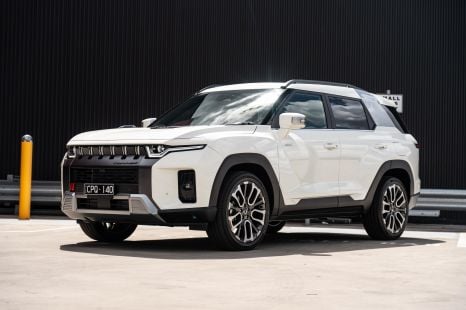

Max Davies
6 Days Ago

Contributor
Tata, Indian owner of Jaguar Land Rover, plans to produce its own semiconductors and electric vehicle batteries.
Bloomberg reports the plan to build semiconductors comes in response to the global shortages plaguing the automotive industry, and is designed to reduce Tata’s reliance on imported components.
“Supply chain is getting very precarious and uncertain,” Shailesh Chandra, managing director at Tata Motors passenger vehicles, told Bloomberg.
Carmakers are still battling semiconductor shortages around the globe. Wait times have blown out and, in some cases, carmakers have been forced to remove features from their vehicles to deliver them.
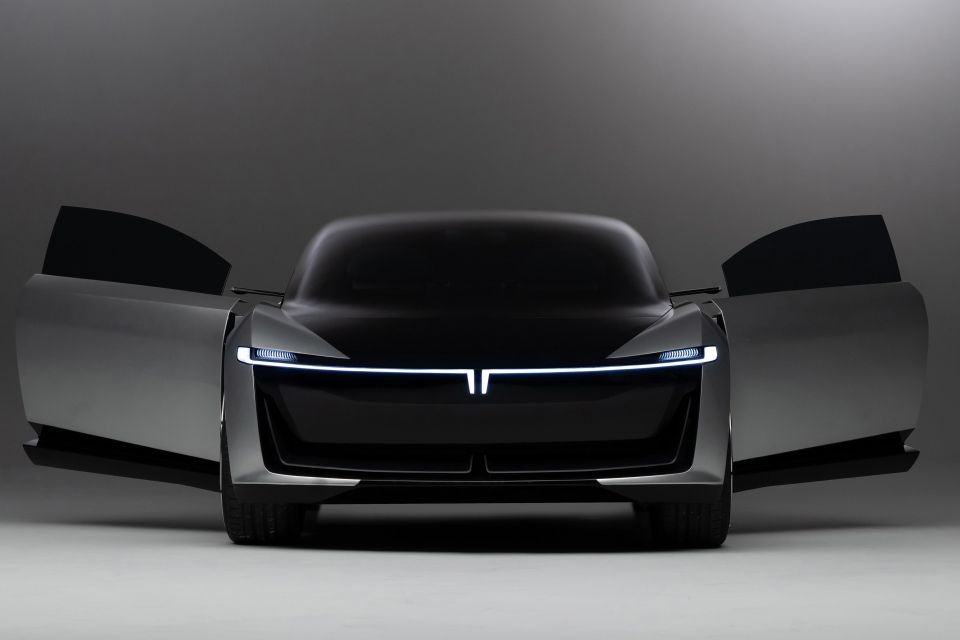
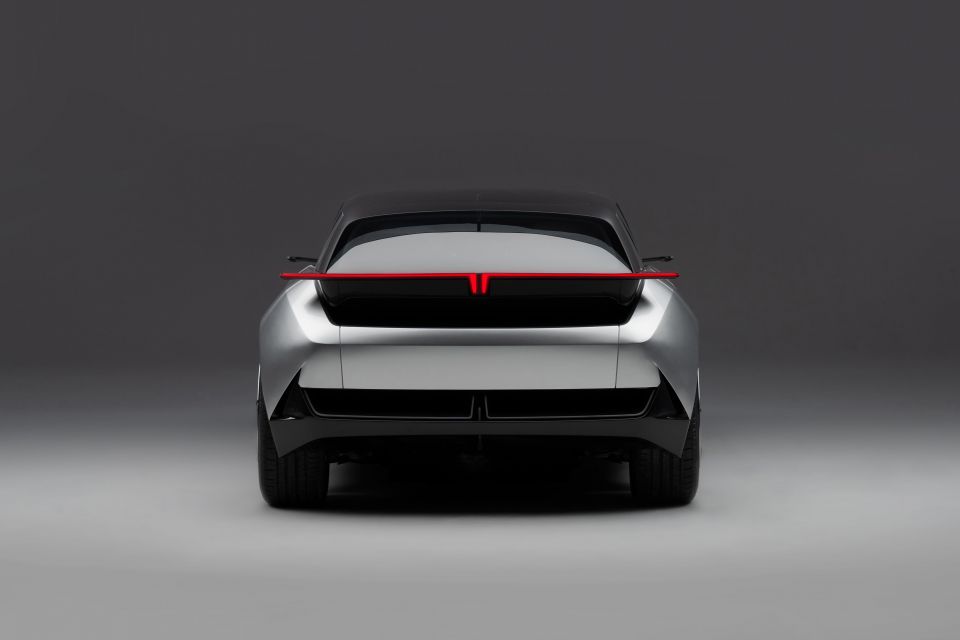
The semiconductor push is also in keeping with a plan from Indian Prime Minister Narendra Modi to turn India into a hub for semiconductor manufacturing.
Mr Modi’s minister for electronics and information technology has previously told Bloomberg the Taiwan Semiconductor Manufacturing Co. and Samsung Electronics Co. have expressed interest in manufacturing chips in India.
Bloomberg reports N. Chandrasekaran, chairman of the main holding company behind Tata Motors, also told an event in Mumbai the company will soon announce plans to manufacture its own electric vehicle (EV) batteries.
The brand has promised an electric car by 2025, previewed by the Avinya Concept.
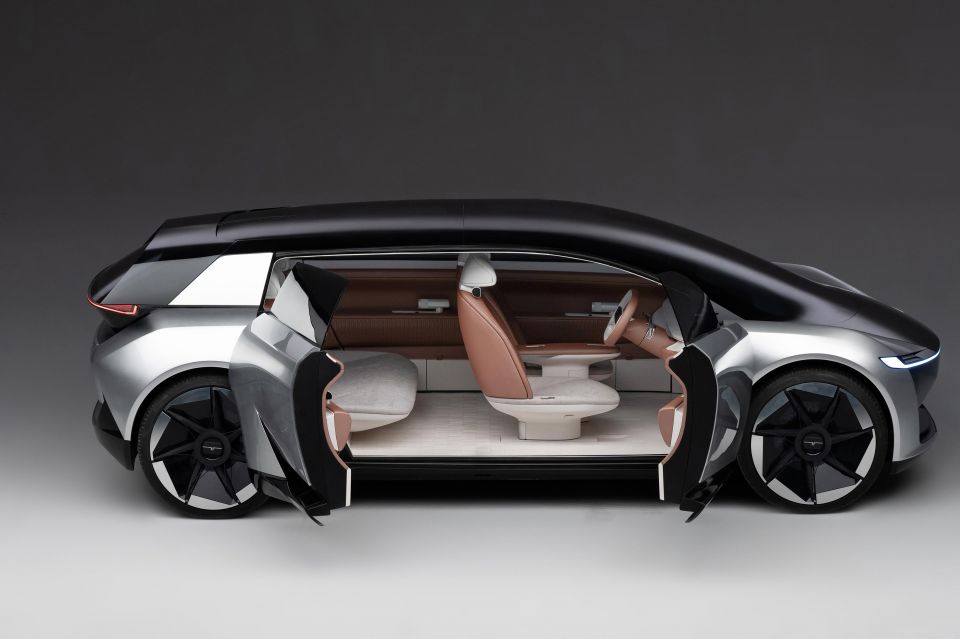
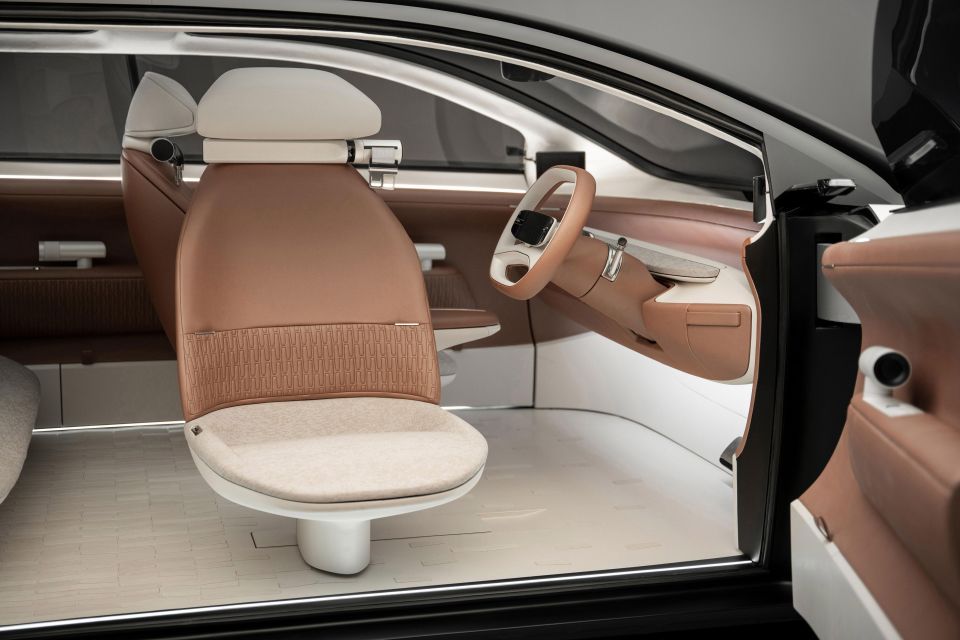
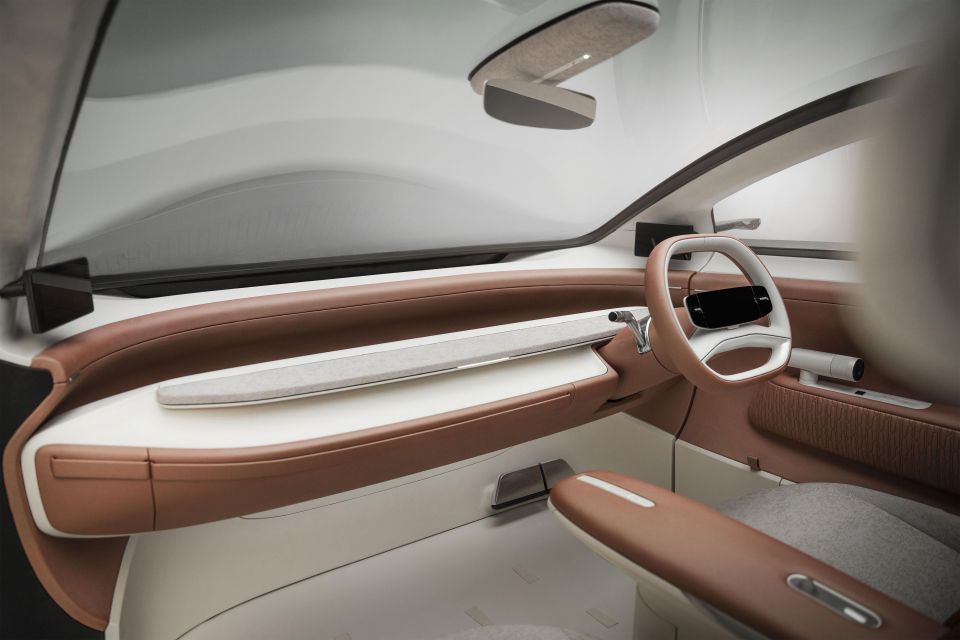
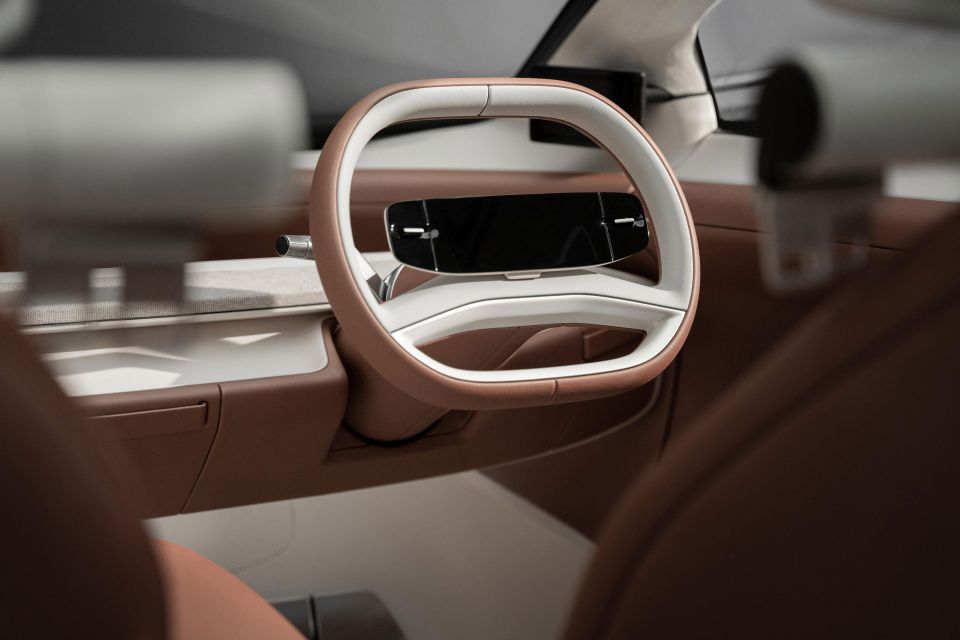
Under the skin is what Tata is calling its Gen 3 architecture, designed to combine “the essence of a premium hatch to the luxuries and versatility of an SUV and the roominess and functionality of an MPV”.
The cabin is open and airy, and has been developed with no screens to make it easier for owners to disconnect, and the materials are sustainably sourced across the board.
Tata promises it’ll have ultra-rapid charge capability, which means you’ll be able to add 500km of range in 30 minutes hooked up to a DC public charger.
CarExpert does the hard work to get you the best price. No negotiating, no hidden costs, just expert help and real savings on your next new car.
Scott Collie is an automotive journalist based in Melbourne, Australia. Scott studied journalism at RMIT University and, after a lifelong obsession with everything automotive, started covering the car industry shortly afterwards. He has a passion for travel, and is an avid Melbourne Demons supporter.


Max Davies
6 Days Ago
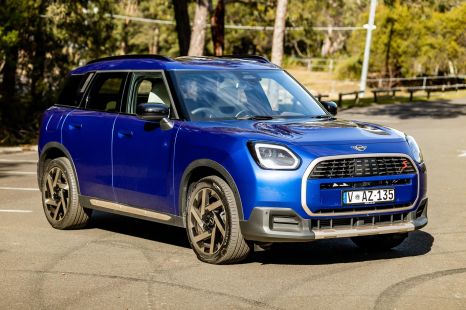

Matt Campbell
5 Days Ago
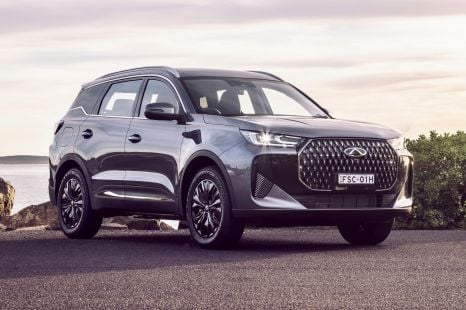

Max Davies
3 Days Ago
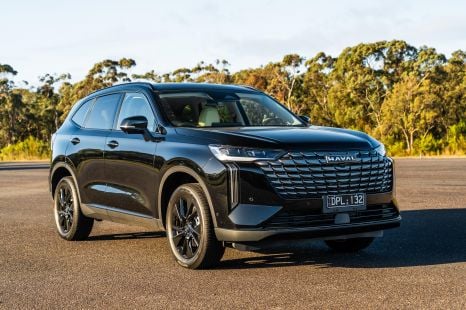

Josh Nevett
2 Days Ago
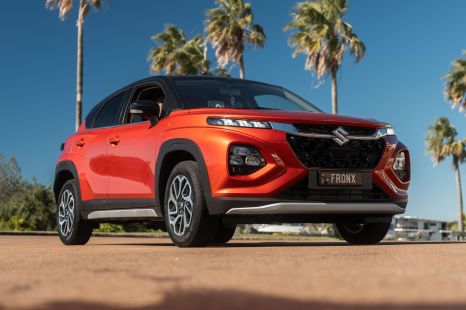

William Stopford
2 Days Ago
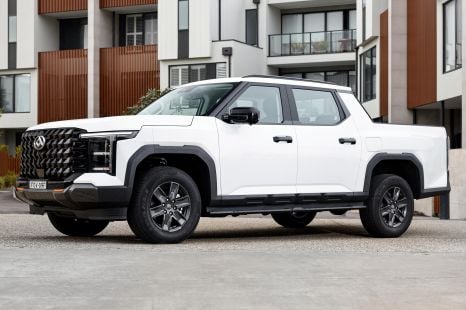

Damion Smy
1 Day Ago